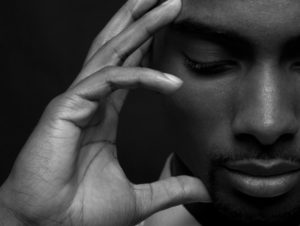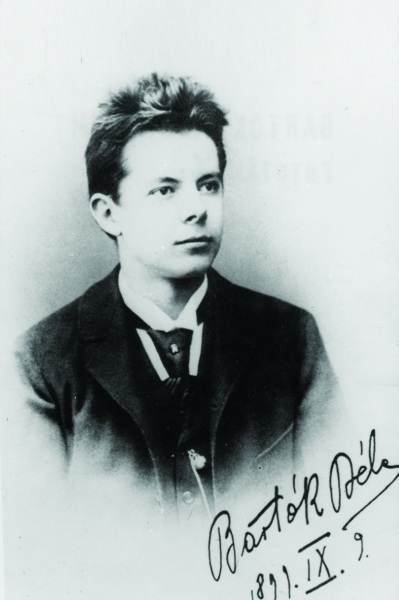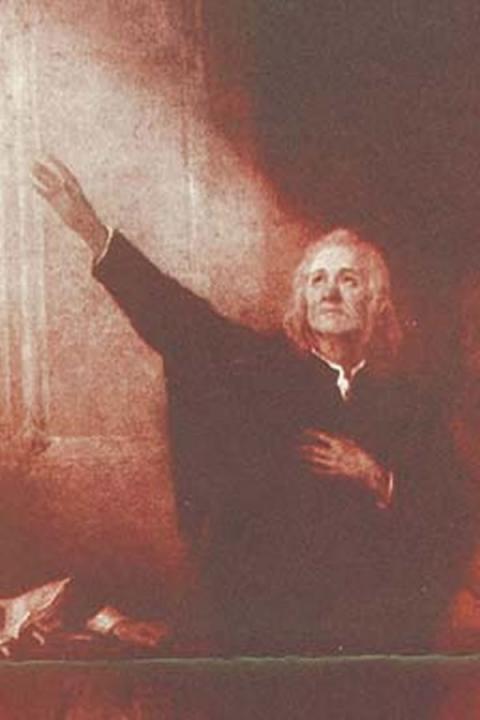REsources for Living
July 1, 2017Podcast: Download (Duration: 4:54 — 4.5MB)
Subscribe: More
Well, what do you know! No, really: what do you know—and how do you know it? And how do you know that you know it? Read more →
Did You Know?
July 1, 2017Podcast: Download (Duration: 0:14 — 225.7KB)
Subscribe: More
…that while there is only one issue of Quest Monthly over the summer you can find searchable archives for Quest here.
Read more →
Tao Te Ching, 71
July 1, 2017Podcast: Download (Duration: 0:23 — 375.1KB)
Subscribe: More
 Knowing that you don’t know is health.
Knowing that you don’t know is health.
Presuming that you know is disease. Read more →
A Creative Life
April 7, 2017Béla Bartók was a Hungarian pianist and composer who added a great deal to our world through his creativity. He started playing piano as a tiny child, and knew 40 songs by the time he was four—and gave his first public recital , including an original composition he’d written two year earlier, when he was eleven.
Bartók went on to become a famous composer who not only wrote his own music, but also went out around the countryside gathering folk music, which he often worked into his compositions. While he was collecting music from the Székely people in Transylvania he learned about Unitarianism.
He liked the idea of a creative religion that was less about following rules and more about connecting with all aspects of life. He eventually joined a Unitarian church in Hungary, and attended with his son.
With the rise of a fascist government in Hungary and the approach of the Second World War, Bartók fled to the United States. He was safe there, but felt lonely and disconnected from his homeland, and it was hard for him to continue to write music. But when he was diagnosed with leukemia and knew that he did not have very long to live, his creative energy returned in a burst and his last compositions are often considered his greatest.
To learn more about Bartók and listen to some of his music, visit the NPR story, “Béla Bartók: Finding a Voice Through Folk Music”
Music: Béla – Evening in the village
Here is one of Bartók’s compositions, titled “Evening in the Village.” The tune comes from a folksong, which is called the “ancient Székely anthem.” The pictures in the video were almost all taken in Transylvania, where Bartók discovered Unitarianism. (The one with the gate was taken in Máriabesnyő, a famous shrine in the outskirts of Budapest.)
Something New
January 3, 2017This month, try something new that you’ve never tried before! This can be something big or something small, but it should be something that is new to you. Here are some ideas:
- Try a new kind of food, especially a new fruit or vegetable.
- Learn how to say some words in a new language.
- Make a new friend or sit with a new person at the lunch table.
- Play a sport you’ve never played before.
- Listen to a different kind of music, or music from another part of the world.
- Learn about how children live in other cultures. There are many organizations that will match people up with pen pals in other countries. (Kids, ask your parents for help with this!)
- Learn the names of your mailman, grocery clerk, school crossing guard, or others who help you every day. You might even give them a thank you card to show them you appreciate them.
A New Freedom of Faith
January 3, 2017Throughout the history of Christianity there have been big fights over changes in religious belief and practice, with different people say their version is the real version.
But King John Sigismund, the one and only Unitarian king in history, had a different point of view. Way back in 1561, John Sigismund was very interested in religion, partly because people in his country of Transylvania kept fighting about it. The Roman Catholics, Lutherans, Calvinists, and Unitarians all argued about whose views about God and Jesus and how church services should be conducted were right.
Finally, King John called the best speaker from each church to come to a place called Torda for a debate to decide who was right. The speaker from the Unitarian church was a man named Francis David. He argued that no one has the right to force people to believe anything about God, and that it’s OK if our understanding of religion changes.
After 10 days, King John ordered the debate to end. But he did not announce a winner; he did not say that any of the four churches was the best. Instead, King John agreed with Francis David, and he created what was called the Edict of Torda, which declared that every church and every person would be free to follow their own beliefs, even if those beliefs changed over time. There are still Unitarians in Transylvania today who share that commitment to freedom of belief.
Read more about Francis David from the UUA’s Tapestry of Faith programming, or read the Edict of Torda for yourself!
Repainting Our Lives
January 1, 2017Podcast: Download (Duration: 13:20 — 12.2MB)
Subscribe: More
Old paint on canvas, as it ages, sometimes becomes transparent. Read more →
Transitions, Expected and Unexpected
January 1, 2017Podcast: Download (Duration: 13:06 — 5.9MB)
Subscribe: More
Reading #655 in our hymnal, Singing the Living Tradition, is entitled, “Change Alone is Unchanging.” It’s attributed to the ancient Greek philosopher Heraklietos, also known as the weeping philosopher. Read more →
Renew Your Membership
We invite you to join your fellow CLFers to renew your CLF membership and stewardship of the CLF for another year.
Support the CLF
Can you give $5 or more to sustain the ministries of the Church of the Larger Fellowship?
Newsletter Signup
About
Quest for Meaning is a program of the Church of the Larger Fellowship (CLF).
As a Unitarian Universalist congregation with no geographical boundary, the CLF creates global spiritual community, rooted in profound love, which cultivates wonder, imagination, and the courage to act.
Contact
Church of the Larger Fellowship Unitarian Universalist (CLFUU)
24 Farnsworth Street
Boston MA 02210




